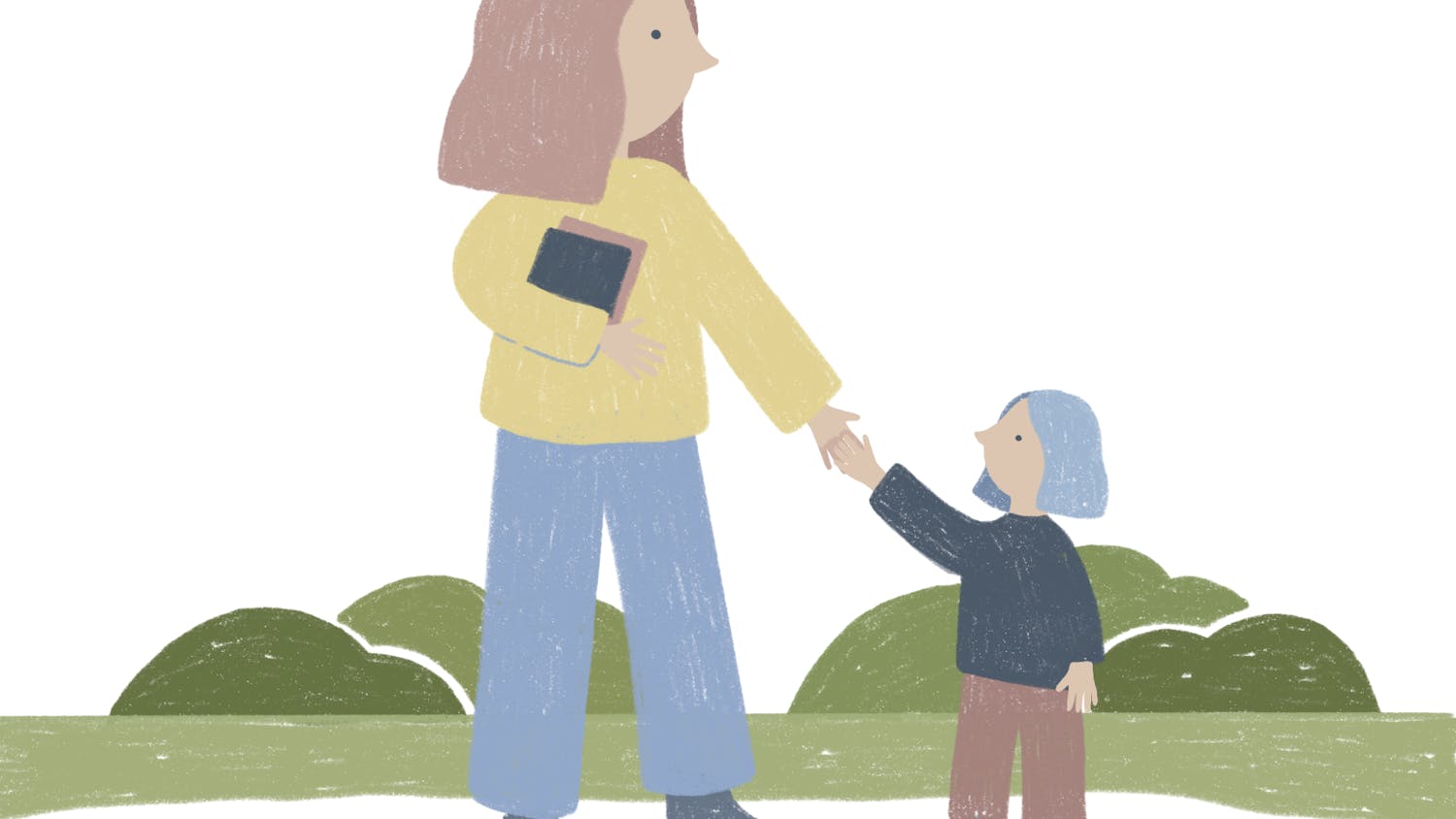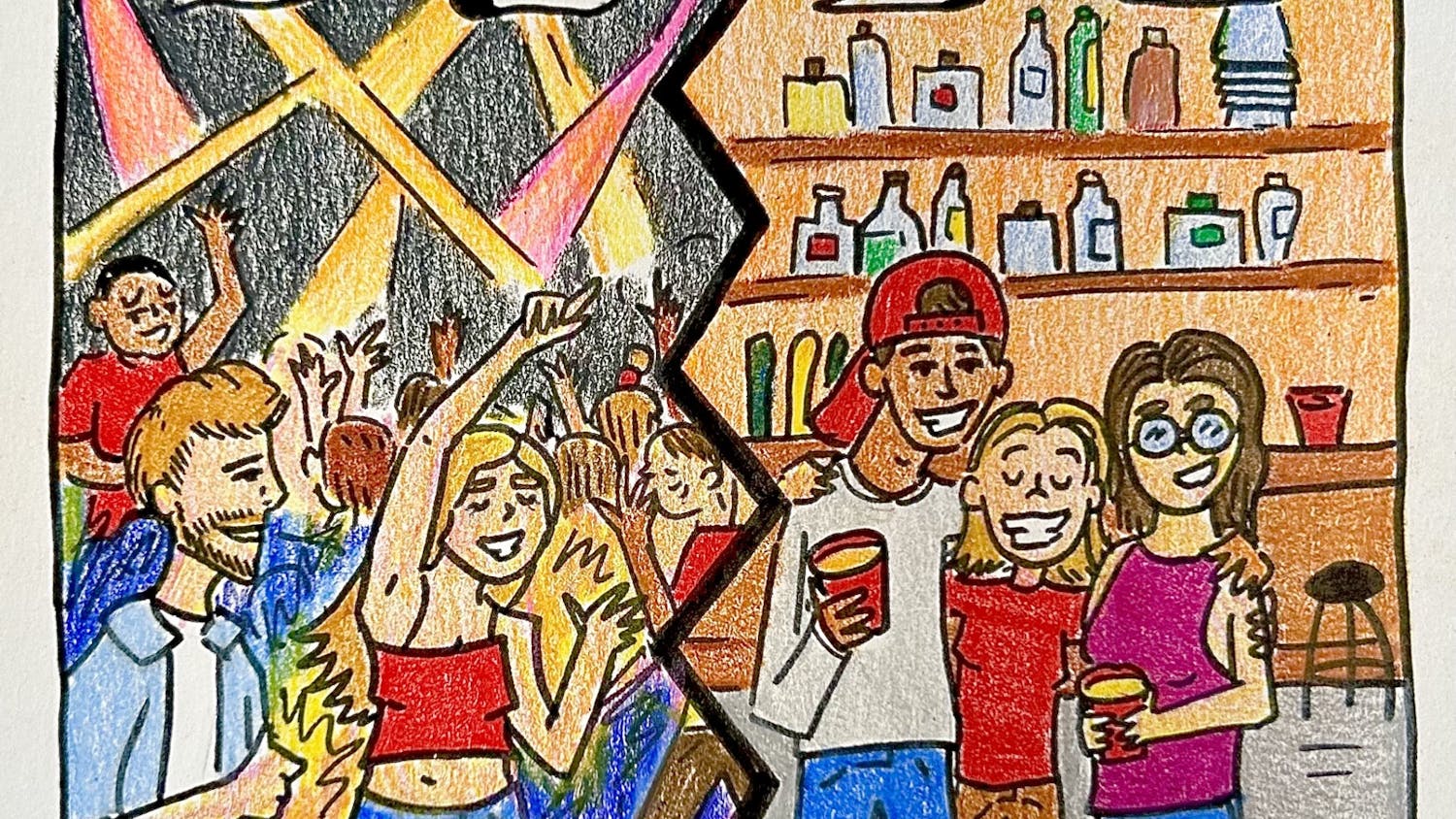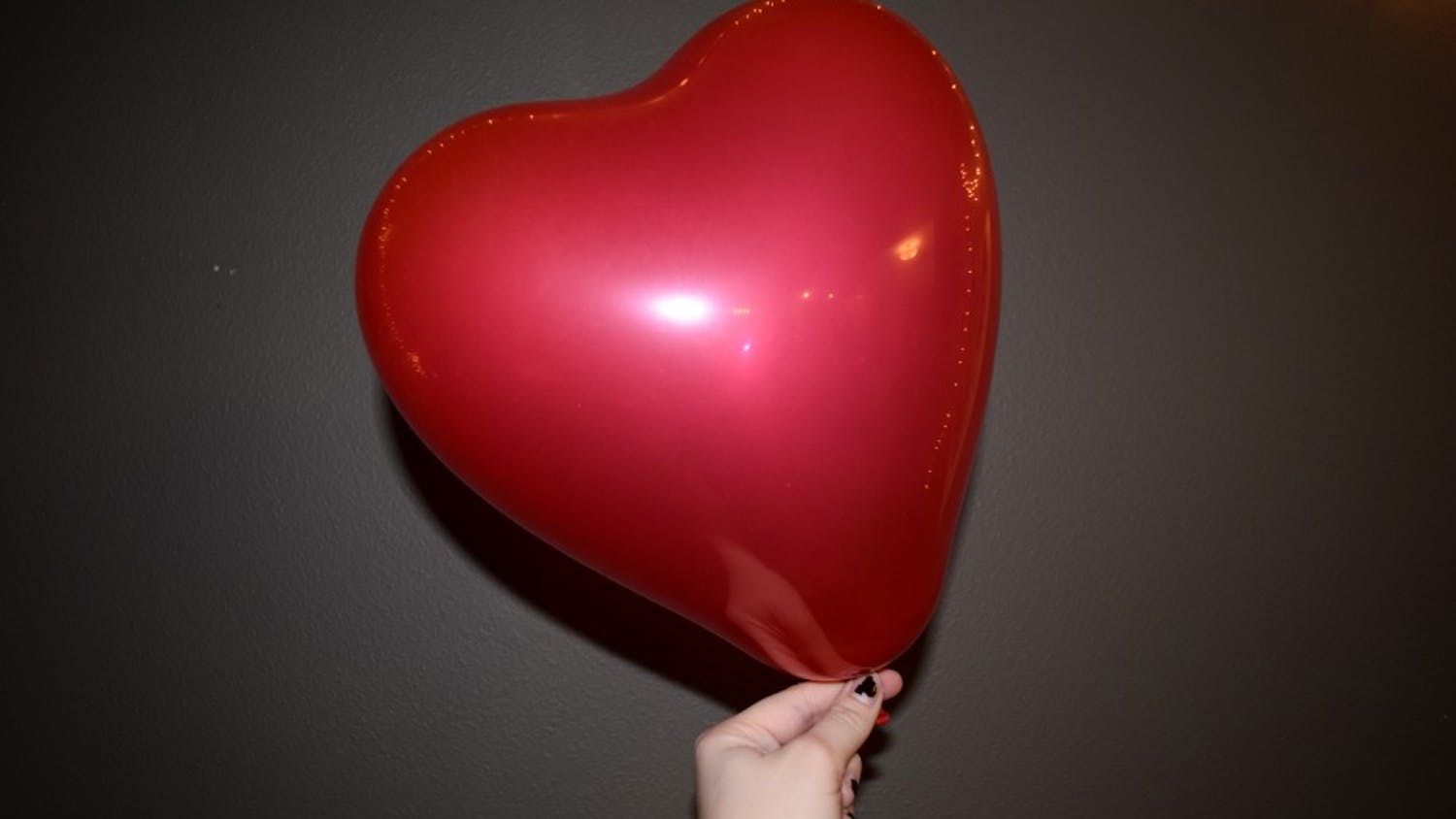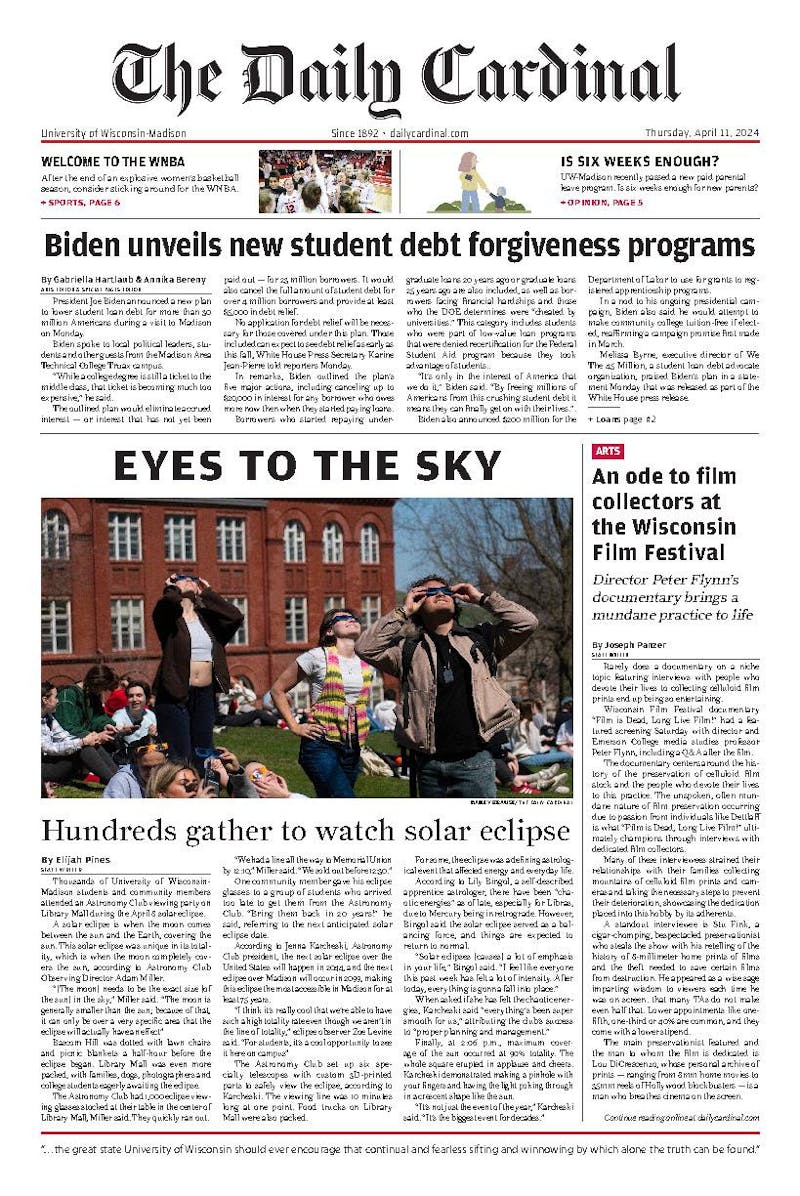Tragedy opens a window into the soul of a people. In the midst of the horrific bombing attack at the Boston Marathon, and despite the possibility of more bombs detonating, scores of first responders rushed to risk their lives in the service of complete strangers. As just one of many examples of such selflessness and heroism, Dr. Natalie Stevens, who ran in the race, convinced the police to let her through the snow fences lining the streets. Stevens then administered CPR to a fallen woman and used a tourniquet to stem the bleeding of a man who very well might have died had she chosen instead, quite sensibly, to stay out of harm’s way.
Just as in the case of the mass shootings that shook the nation over the past year, compassion poured out from all over the country for the victims of this senseless and incomprehensible violence. We live in a cynical age defined by an individualistic ethos, yet feelings of communal solidarity still arise whenever misfortune befalls people we have never even met. Strangely, these enormous swells of compassion do not extend to the victims of violence perpetrated by the United States. In 1948, Sen. Arthur Vandenberg, R-MI, famously declared, “Politics stops at the water’s edge.” Unfortunately, empathy often does as well.
The Nigerian-American writer Teju Cole has often spoken of this “empathy gap” as characterizing America’s drone program. The deaths of innocent civilians in far away places rarely receive more than a few lines in the newspaper. In an attempt to humanize these nameless victims in Pakistan, Yemen and Somalia, Cole incorporated drone attacks into the opening lines of several classic works of literature, bringing these violent strikes onto the more familiar turf of Western culture. Some of the revised lines, posted on his widely followed Twitter account, are as follows:
• “Mrs. Dalloway said she would buy the flowers herself. Pity. A signature strike leveled the florist’s.”
• “Call me Ishmael. I was a young man of military age. I was immolated at my wedding. My parents are inconsolable.”
• “I am an invisible man. My name is unknown. My loves are a mystery. But an unmanned aerial vehicle from a secret location has come for me.”
• “Mother died today. The program saves American lives.”
Cole brings humanity to a topic of discussion that too often degenerates into slogans and abstractions. What’s lost in the debate over issues like the drone program, and U.S. militarism more broadly, is that human lives are at stake. The enormity of such issues clearly does not register for people who casually advocate dropping bombs on places they know little to nothing about, located halfway around the world, killing civilians, mothers and children.
In the wake of the Boston bombing, many took to their respective social media platforms to condemn the deployment of secondary bombs designed to kill first responders—the horrifying tactic known as a “double-tap.” Most of these people likely did not realize that the U.S. drone program uses the same tactic of targeting rescuers and has killed dozens of civilians in this very manner, as documented by The Bureau of Investigative Journalism. Ben Emmerson, the UN Special Rapporteur on Counter-Terrorism and Human Rights, specifically cited the use of “double-taps” as a trigger for his investigation into the legality of the drone program.
This disconnect between condemning violence at home and turning a blind eye to devastation abroad does not arise because Americans are evil. The incredible, awe-inspiring displays of goodwill in the wake of every national tragedy attest to the deep wells of compassion present in every one of us, with the exception of a small few, including whoever set off the bombs in Boston Monday. Rather, we tolerate these injustices committed in our name because the victims have been dehumanized, viewed as distant, different and unworthy of our attention. The drawing of categories based on race, ethnicity, religion and nationality serves to divide us and desensitize us to the suffering of others. It does not matter if a victim is American or Pakistani, Christian or Muslim: All deaths are equally tragic, and all deaths are equally worthy of our attention. The first responders in Boston did not, first and foremost, rush to save Americans. They rushed to save their fellow human beings. This ethos, a concern for all people no matter where they may reside, and especially those who suffer from U.S. actions, would go a long ways towards curing the ills that bedevil our world.
Please send all feedback to opinion@dailycardinal.com.





